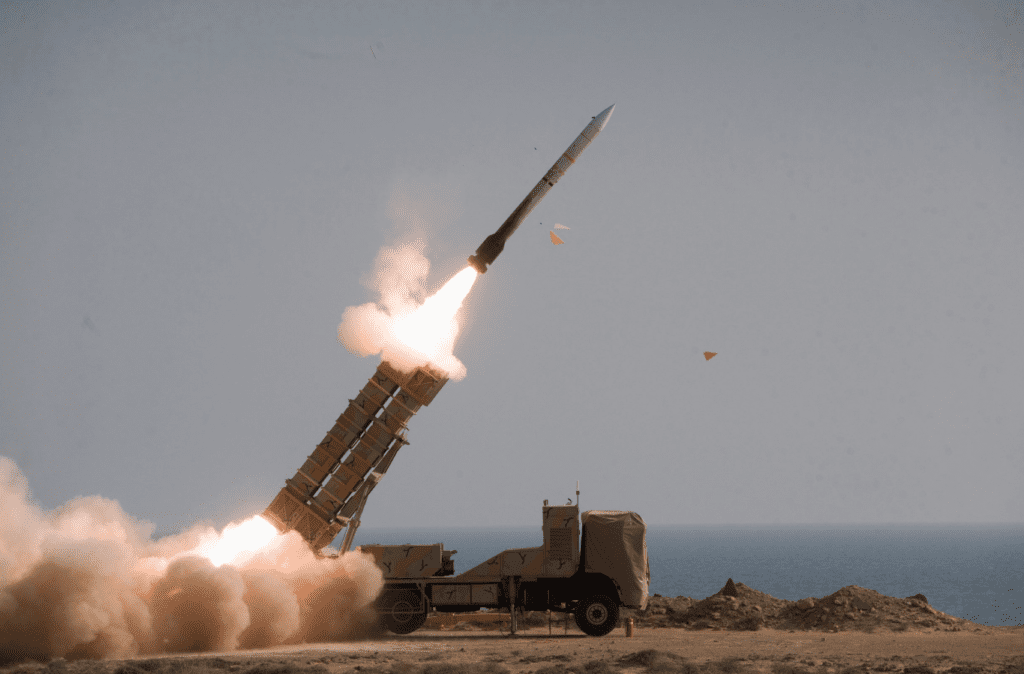In a tit-for-tat escalation, Pakistan carried out missile strikes into Iran just two days after an Iranian assault heightened tensions between the neighboring nations.
Pakistan claimed to have targeted “terrorist hideouts” in the Sistan-o-Balochistan province along the border. Iranian media reported casualties, including three women and four children.
The recent hostilities stem from Iran’s earlier attack, which it asserted was aimed at terrorist groups.
Both countries have a history of accusing each other of harboring militants along their shared border, but direct military actions are infrequent.
Despite occasional strains, Pakistan and Iran usually maintain somewhat cordial relations.
Confirming the strikes, Pakistan’s foreign ministry emphasized its respect for Iran’s sovereignty but justified its actions as a “manifestation of Pakistan’s unflinching resolve to protect and defend its national security against all threats.”
Pakistan’s retaliation came after condemning Iran’s strike, which Pakistan claims resulted in the deaths of two children.
- Five Individuals Hospitalized For COVID-19 In Uganda
- King Charles To Be Treated For Benign Prostate Condition
Earlier in the week, Pakistan had warned Iran of “serious consequences” for its “illegal” action, leading to diplomatic measures like banning Iran’s ambassador and withdrawing its envoy.
Iran insisted that its strikes targeted the terrorist group Jaish al-Adl and not Pakistani citizens.
Islamabad expressed discontent, questioning the necessity of the strike given existing communication channels.
Against the backdrop of ongoing conflicts in the Middle East, including the Israel-Hamas war and Houthi attacks in the Red Sea, Iran asserted its desire to avoid wider conflicts.
However, groups within its “Axis of Resistance,” such as the Houthis, Hezbollah, and various factions in Syria and Iraq, have been conducting attacks in solidarity with Palestinians.
Notably, the U.S. and UK recently conducted air strikes against the Houthis in response to their attacks on commercial shipping.
The situation underscores the complexity and volatility of the regional landscape.
IMF Boosts Kenya With $941 Million To Tackle Financial Challenges
